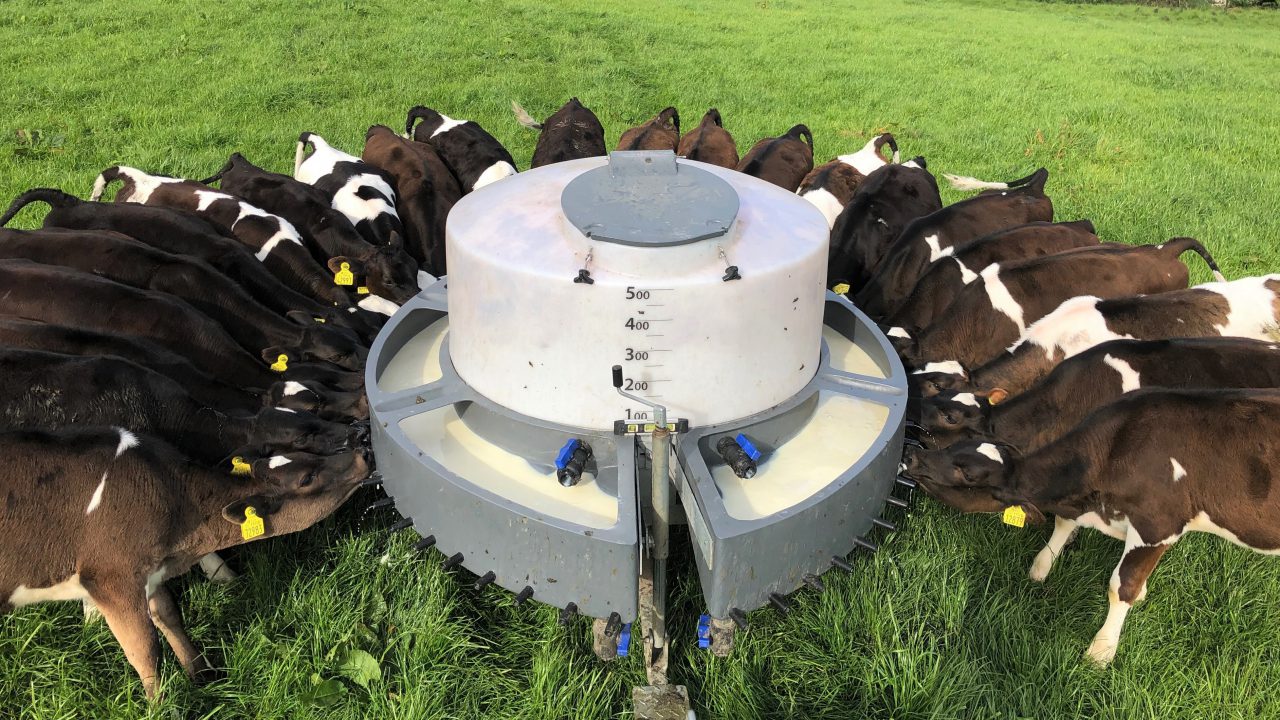Optimising calf care and value are the key focuses of a policy paper that the Irish Farmers’ Association (IFA) National Dairy Committee has compiled for ensuring the continued improvement of the Irish dairy sector.
The document combines eye-catching proposals for an Irish sexed semen laboratory and a calf transaction platform with tried-and-tested basics such as accurate registration and applying best practice calf rearing measures.
The policy paper – seen by AgriLand – is based on addressing the challenges engendered by recent rapid dairy expansion and responding to demand for dairy at farm, stakeholder and Government levels.
Two key issues highlighted in particular by the committee include: reiterating to farmers to take responsibility for every calf born on their farms; and that recourse to young calf slaughter facilities “must only be used as an absolute last resort and be phased out”.
Farm level
The IFA policy proposes that, at farm level for calves entering the beef chain, farmers should be utilising best calf management and rearing practices to ensure that calves leaving the farm have real economic potential for whoever buys or rears them.
The policy paper acknowledges the seasonal glut of calves over a few weeks in spring, arguing that farmers should be encouraged to hold on to calves on farms for longer.
This should be done through TAMS-style grants for calf housing and feeding facilities including automatic calf feeders, according to the committee document.
Stakeholder level
At stakeholder level, effective communication should be had with farmers through discussion groups, Teagasc services, co-ops, conferences and open days on best practice for caring for each calf born into herds, according to the paper.
The IFA committee highlighted that one-to-one dairy and beef farmer partnerships should be encouraged to foster trust, while contracts should be facilitated.
Marts would have a central role in this, it added.
The IFA also calls for the establishment of a sexed semen laboratory in Ireland to continue and optimise cost efficiency on sexed semen research.
In addition, the organisation calls for other measures from stakeholders including: enlisting co-ops to help protect the dairy sector’s brand and image through farmer engagement; joint schemes similar to the Twenty20 scheme; information and advisory campaigns on both the DBI and the economic value of the dairy calf-to-beef system; and exploring the feasibility for exporting Irish rose veal meat.
Government level
Finally, at Government level, the IFA Dairy Committee called on the Department of Agriculture to approach ferry companies with a view to securing alternate day sailings for next spring to minimise pressure on transport and lairage.
The authority must also appropriately police sales and handling of calves through marts to ensure that only healthy, hardy calves fit for transport and sale can be brought to mart, the IFA group added.
Highlighting the consumer demand for ethically and responsibly produced goods, the policy paper concluded by noting: “As farmers, while we already do well, we need to continue to improve our performance on all those fronts.”
